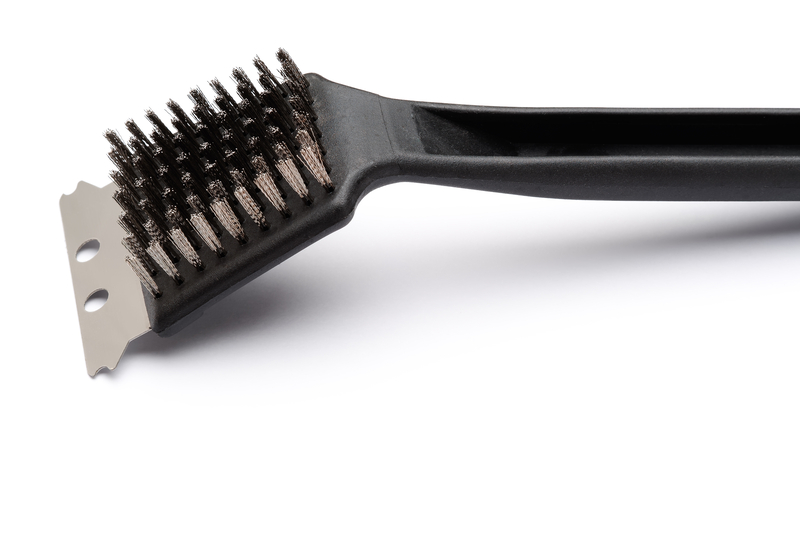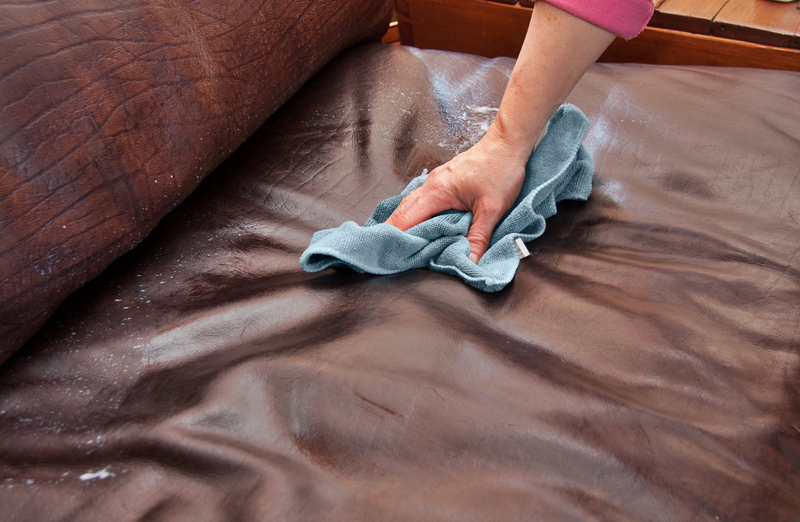Recommended Intervals for Changing Sheets
Maintaining a clean and healthy living environment starts right in your bedroom. One of the easiest yet frequently overlooked aspects is how regularly you change your bedsheets. Properly managed sheets not only enhance comfort but also contribute to improved health and hygiene. Understanding the need for regular bed linen changes can make a significant difference in your quality of life.
Importance of Changing Sheets
Your bedsheets are in contact with your skin for approximately one-third of your day. Within this period, they collect sweat, skin flakes, body oils, makeup residues, pet dander, and even dust mites. These elements can create an ideal environment for bacteria, fungi, and allergens, which may lead to various health issues.
Dirty sheets can exacerbate respiratory conditions, skin irritations, and allergies. For individuals with asthma or sensitive skin, the risks are particularly pronounced. Therefore, regular and timely changing of bedsheets is crucial for maintaining both physical well-being and peace of mind.

Frequency of Changing Sheets
The general recommendation for most households is to change sheets once a week. However, several factors can necessitate adjustments to this interval:
1. Seasonal Changes
Temperature and humidity levels fluctuate with the seasons, impacting how often your sheets should be changed. For instance, during summer, when sweat production is higher, you may need to change them more frequently.
2. Personal Health
Individuals with allergies, asthma, or other respiratory conditions might benefit from more regular linen changes, potentially two to three times a week, to minimize allergen exposure.
3. Skin Conditions
People prone to skin issues like eczema or acne should consider changing sheets more frequently to prevent flare-ups caused by the presence of bacteria and irritants.
4. Pets
If pets sleep on the bed, the frequency should increase to every 3-4 days to manage pet dander, fur, and grime that they bring into bed.
5. Illness
During illness, it is advisable to change your sheets daily or every other day to reduce the spread of bacteria and speed up recovery.
Additional Considerations for Changing Sheets
Beyond the basic guidelines, certain lifestyle factors might influence how often you should change your sheets:
1. Full-Time Households
For homes with several occupants, the frequency of washing and changing sheets can increase due to the shared living space and potential for quick accumulation of dirt and grime.
2. Guest Arrivals
When guests stay over, it's courteous and hygienic to ensure fresh sheets before their arrival and after their departure.
3. Use of Sleepwear
The type and cleanliness of sleepwear can also play a role. If you often wear the same sleepwear multiple nights in a row, it's advisable to change sheets more frequently.
4. Environmental Factors
Households situated in heavily polluted or pollen-infested areas might also need to change their linens more frequently as the bed may accumulate external irritants faster.

Proper Care and Maintenance of Sheets
Knowing how to care for your sheets can extend their life and maintain their hygiene:
1. Washing Guidelines
Use hot water (at least 130?F or 54?C) to wash sheets, as it helps to kill germs and dust mites. This is particularly important if someone in the household is dealing with allergies or asthma.
2. Detergents
Choose gentle, hypoallergenic detergents to maintain the fabric's integrity and ensure no residues are left behind which could irritate the skin.
3. Drying Tips
Ensure sheets are fully dried, either in a dryer or line-dried. Damp sheets can facilitate the growth of mold and mildew, which is counterproductive to good hygiene.
4. Storage
Store clean sheets in a dry, cool place to prevent dust accumulation and maintain their fresh smell. Using linen bags or storage boxes can help keep them in pristine condition.
Conclusion
Maintaining a regular interval for changing your bed sheets is instrumental in ensuring a clean, comfortable, and healthy sleep environment. While the general recommendation stands at once a week, personal and environmental factors might necessitate more frequent changes.
By understanding your specific needs, and considering factors such as health conditions, pet presence, and seasonal changes, you can tailor a sheet-changing routine that best supports your well-being. Proper care and maintenance further ensure that your sheets remain in the best possible condition, providing you with the comfort and hygiene that is essential for quality sleep.
Regularly updated, clean sheets are a simple yet powerful step toward a healthier, more comfortable lifestyle. Make this small investment in your daily living to experience its manifold benefits.



